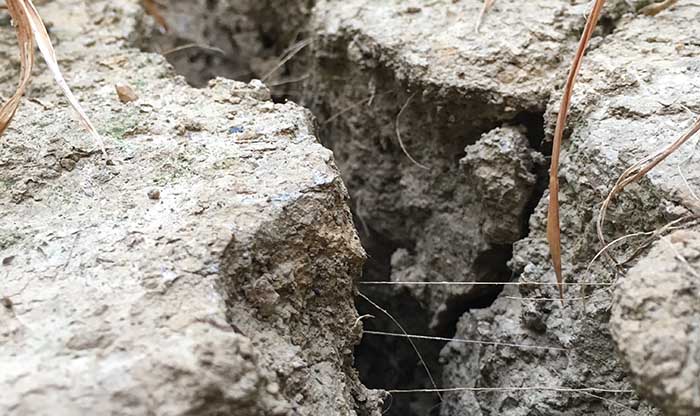The 2018 heatwave will have long-term consequences for crops and livestock nutrition with farmers having to reach into winter reserves of food and forage, the Royal Agricultural University (RAU) has said.
Dr Nicola Cannon, principal lecturer in agronomy at the RAU, said: “The extreme heat and very dry conditions are affecting agriculture in many ways and the impact of this extreme weather is going to be felt for months to come.
“The most important months for crop growth in the UK are May to August as temperatures, day length and weather are normally optimal for plant growth.”
She added: “Many farmers with livestock on their farm are really struggling as there is insufficient grass and forage currently growing to meet their nutritional requirements.
“This has serious implications as not only is it an extra job to feed livestock now but also they are currently eating the food that was being preserved for winter feeding. This is creating uncertainty about what livestock will eat later in the year.
“Not only this, but grass and other forage crops have had very limited regrowth following first silage cut meaning there is little available to take subsequent cuts to store for winter feed.”
Whilst cracked soils look very dramatic and dry, Dr Cannon said there are some advantages to this process. The natural cracking can help break up compacted soils thereby increasing water infiltration and drainage in the winter as natural channels exist in the soils.
She added: “Clay soils are far more prone to cracking than sand or silt and these are the very soils that suffer most of deeper compaction. Farmers often have to try and aid this process of cracking by subsoiling a field to improve drainage.”




